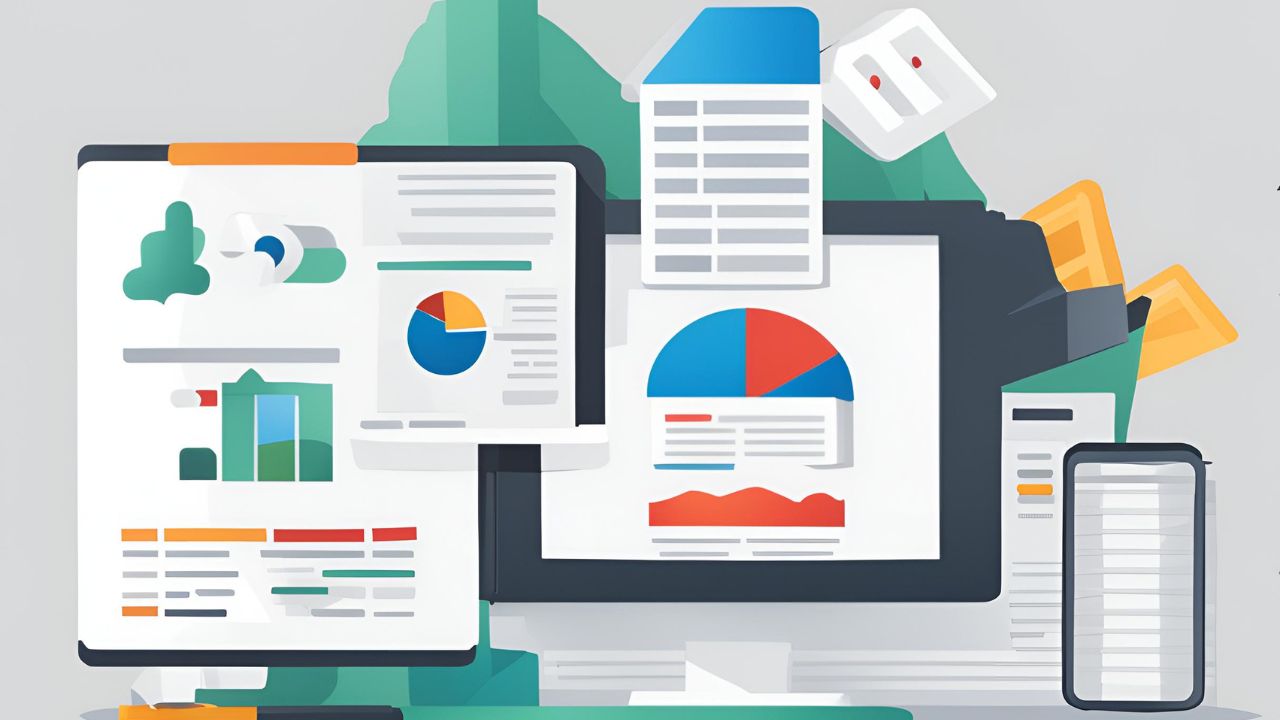

Freelancing offers flexibility and independence, but it also comes with unique tax responsibilities. Unlike traditional employees, freelancers must manage their own taxes, which can be complex and time-consuming. This article will cover seven essential tax considerations for freelancers to help you stay compliant, maximize deductions, and manage your finances effectively.
Tax Considerations for Freelancers: What You Need to Know
1. Understanding Your Tax Obligations
Self-Employment Tax
Freelancers are subject to self-employment tax, which covers Social Security and Medicare.
- Rate: The self-employment tax rate is 15.3%.
- Social Security: 12.4%
- Medicare: 2.9%
- Threshold: Only applicable if your net earnings exceed $400.
Federal and State Income Taxes
In addition to self-employment tax, freelancers must pay federal and state income taxes.
- Federal Income Tax: Based on your taxable income and filing status.
- State Income Tax: Varies by state; some states have no income tax.
2. Estimated Quarterly Payments
What Are Estimated Taxes?
Freelancers must pay estimated taxes quarterly since they don’t have taxes withheld from their income.
- Due Dates: April 15, June 15, September 15, January 15.
- Calculating Payments: Estimate your annual tax liability and divide by four.
Avoiding Penalties
Failing to pay estimated taxes can result in penalties.
- Safe Harbor Rule: Pay at least 90% of your current year’s tax liability or 100% of the previous year’s tax liability to avoid penalties.
3. Deductions and Expenses
Business Expenses
Freelancers can deduct ordinary and necessary business expenses to reduce taxable income.
- Home Office Deduction: Deduct a portion of your home expenses if you use part of your home exclusively for business.
- Office Supplies and Equipment: Deduct the cost of supplies and equipment used for your business.
- Internet and Phone: Deduct the portion of your internet and phone bills used for business purposes.
Travel and Meals
Certain travel and meal expenses are deductible if they are business-related.
- Travel Expenses: Deduct costs for travel to client meetings, conferences, and other business-related trips.
- Meal Expenses: Deduct 50% of the cost of business meals.
Health Insurance Premiums
Self-employed individuals can deduct health insurance premiums.
- Eligibility: You must not be eligible for an employer-subsidized health plan.
- Coverage: Deduct premiums for yourself, your spouse, and dependents.
4. Keeping Accurate Records
Importance of Record-Keeping
Accurate record-keeping is essential for managing taxes and substantiating deductions.
- Receipts and Invoices: Keep receipts and invoices for all business expenses.
- Income Records: Maintain records of all income received from clients.
Using Accounting Software
Consider using accounting software to simplify record-keeping.
- Popular Tools: QuickBooks, FreshBooks, Xero.
- Features: Track income and expenses, generate financial reports, and manage invoices.
5. Filing Your Tax Return
Forms and Schedules
Freelancers must file specific forms and schedules with their tax return.
- Form 1040: The main tax return form.
- Schedule C: Report income and expenses from your freelance business.
- Schedule SE: Calculate self-employment tax.
Deadlines
Be aware of tax filing deadlines to avoid penalties.
- Federal Tax Return: Typically due April 15.
- State Tax Return: Deadlines vary by state.
6. Retirement Savings Options
Self-Employed Retirement Plans
Freelancers have access to several retirement savings options.
- SEP-IRA: Simplified Employee Pension plan with high contribution limits.
- Solo 401(k): Offers high contribution limits and the option to take a loan.
- Traditional and Roth IRAs: Individual retirement accounts with tax advantages.
Tax Benefits
Contributing to retirement plans can provide significant tax benefits.
- Tax-Deferred Growth: Contributions to SEP-IRA and traditional IRAs grow tax-deferred.
- Tax Deductions: Contributions to retirement plans may be deductible, reducing taxable income.
7. Seeking Professional Help
Hiring a Tax Professional
Consider hiring a tax professional to help manage your taxes.
- Benefits: Expertise in tax laws, maximizing deductions, and ensuring compliance.
- Types: CPAs, Enrolled Agents, Tax Attorneys.
Tax Software
Use tax software if you prefer to manage your taxes independently.
- Popular Options: TurboTax, H&R Block, TaxAct.
- Features: Step-by-step guidance, accuracy checks, and e-filing.
Conclusion
Navigating the world of freelance taxes can be challenging, but understanding your obligations and taking advantage of available deductions can help you manage your finances effectively. By keeping accurate records, making estimated payments, and seeking professional help when needed, you can ensure compliance and optimize your tax situation. Implement these seven essential tax considerations to confidently handle your freelance taxes and focus on growing your business.
Learn more:






